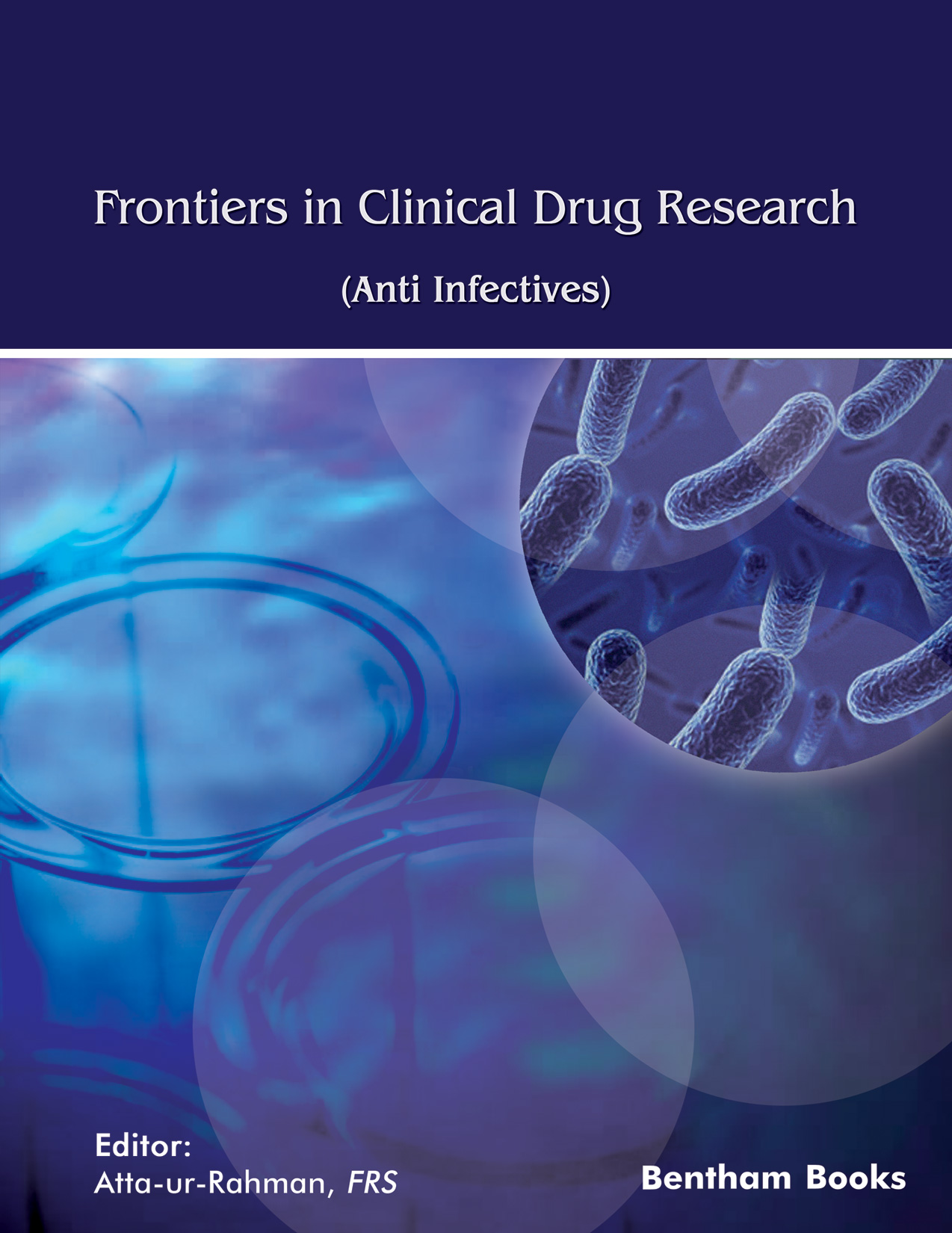Introduction
Frontiers in Clinical Drug Research – Anti infectives
is a book series that brings updated reviews to readers interested in learning about advances in the development of pharmaceutical agents for the treatment of infectious diseases. The scope of the book series covers a range of topics including the chemistry, pharmacology, molecular biology and biochemistry of natural and synthetic drugs employed in the treatment of infectious diseases. Reviews in this series also include research on multi drug resistance and pre-clinical / clinical findings on novel antibiotics, vaccines, antifungal agents and antitubercular agents. Frontiers in Clinical Drug Research – Anti infectives is a valuable resource for pharmaceutical scientists and postgraduate students seeking updated and critically important information for developing clinical trials and devising research plans in the field of anti infective drug discovery and epidemiology.
The eighth volume of this series presents comprehensive reviews of interest to readers interested in the treatment of inflammatory diseases, new antiviral agents and strategies, specific antiprotozoal drugs that work against leishmania and helminths, and a study on potential agents against American foulbrood in honey bees. The 7 reviews included in this volume are:
- Monoclonal antibodies as therapeutic agents for inflammatory diseases
- Pharmacotherapy of emerging antiviral agents
- Antiviral activity of vitamin D and COVID-19: current understanding
- Anti-infectives to combat leishmaniasis
- Anthelmintic drug discovery: current situation and future perspectives
- Therapeutic targets for emerging Zika virus infection and vaccines in clinical trials
- Agro-industrial waste: new source of raw material for the control of American foulbrood in honey bees
Audience: Pharmaceutical scientists, medical doctors, virologists, entomologists, epidemiologists

